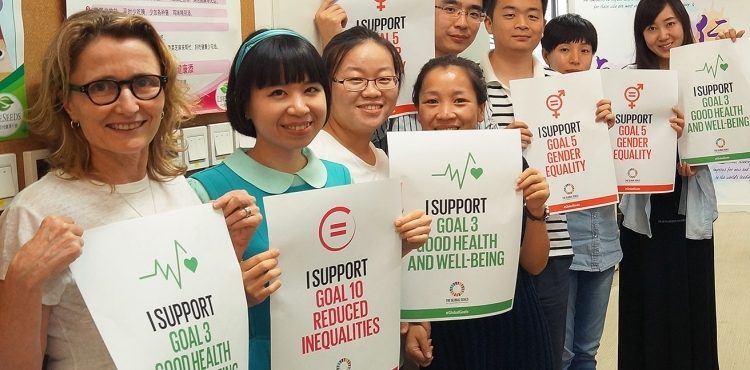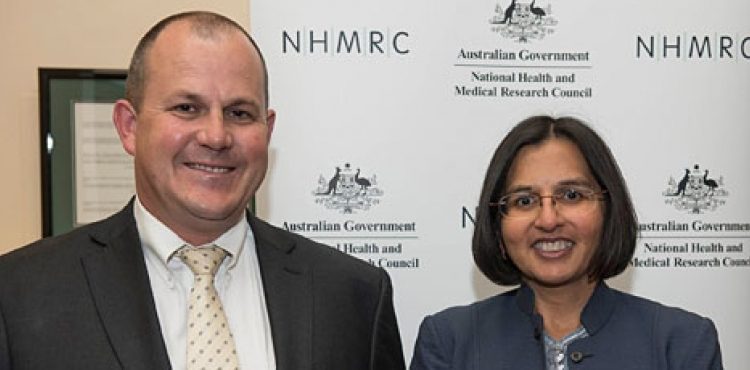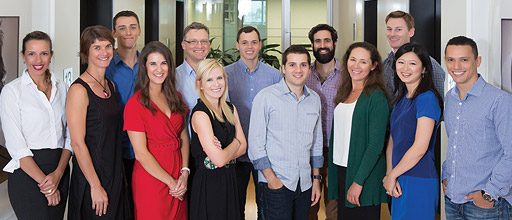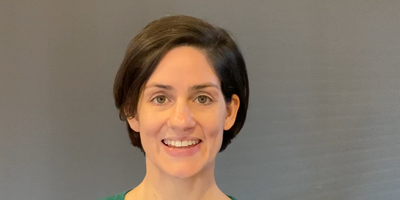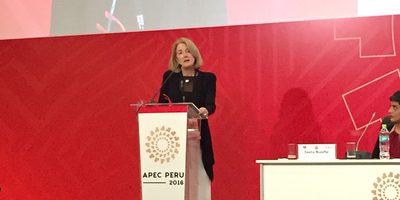The National Health and Medical Research Council (NHMRC) has awarded Research Excellence Awards to two of The George Institute’s researchers for their contribution to health and leadership in Australian research.
Professor Anushka Patel, Chief Scientist of The George Institute and Professor of Medicine at The University of Sydney, received the Elizabeth Blackburn Fellowship in Public Health for her focus on improving the uptake of best practice in health care delivery, in particular for preventing and treating cardiovascular disease and other chronic diseases in lower income countries.
Associate Professor Ian Seppelt from the Critical Care and Trauma Division received the highest ranked project grant among 3700 applications for work that is addressing a major gap in evidence that could potentially transform global practice in intensive care and reduce the risk of infection and improve survival for critical care patients around the world. (More about this project).
Executive Director of The George Institute Australia, Professor Vlado Perkovic, congratulated Associate Professor Seppelt and Professor Patel on these Excellence Awards.
“Associate Professor Seppelt and the Critical care and Trauma team at The George Institute received the highest ranking possible by NHRMC on this project, and were also the only grant application to have received such a ranking this year, no small feat,” said Professor Perkovic. “This award is not only well deserved, but also testament to the high quality of this research and its anticipated and potential scale of impact on healthcare practices and to save lives around the world.”
“Professor Patel is a leader in her field, with an incredible track record in health care innovation and improving practice around the treatment and prevention of chronic diseases, especially in countries where the need is greatest,” said Professor Perkovic “This Award recognises this excellence and Professor Patel’s commitment to priority-driven medical and health research”.
In total, 19 researchers received the Research Excellence Awards from Federal Minister for Health Sussan Ley at a ceremony in Canberra, Australia last night.
Ms Ley said: “Australia is a world leader in health and medical research and these researchers will no doubt continue to make a strong contribution to improving the health of all Australians.”
Find out more about the NHMRC Research Excellence Awards.
[Image courtesy of IDphoto.com.au]


